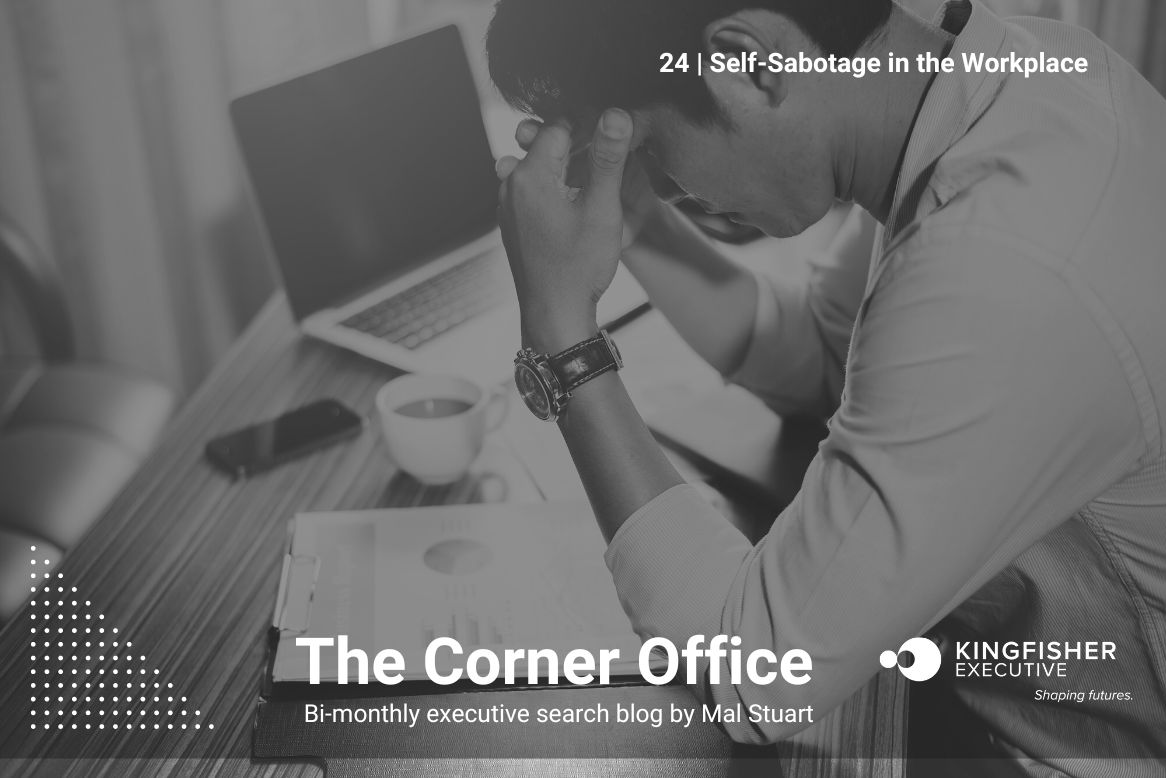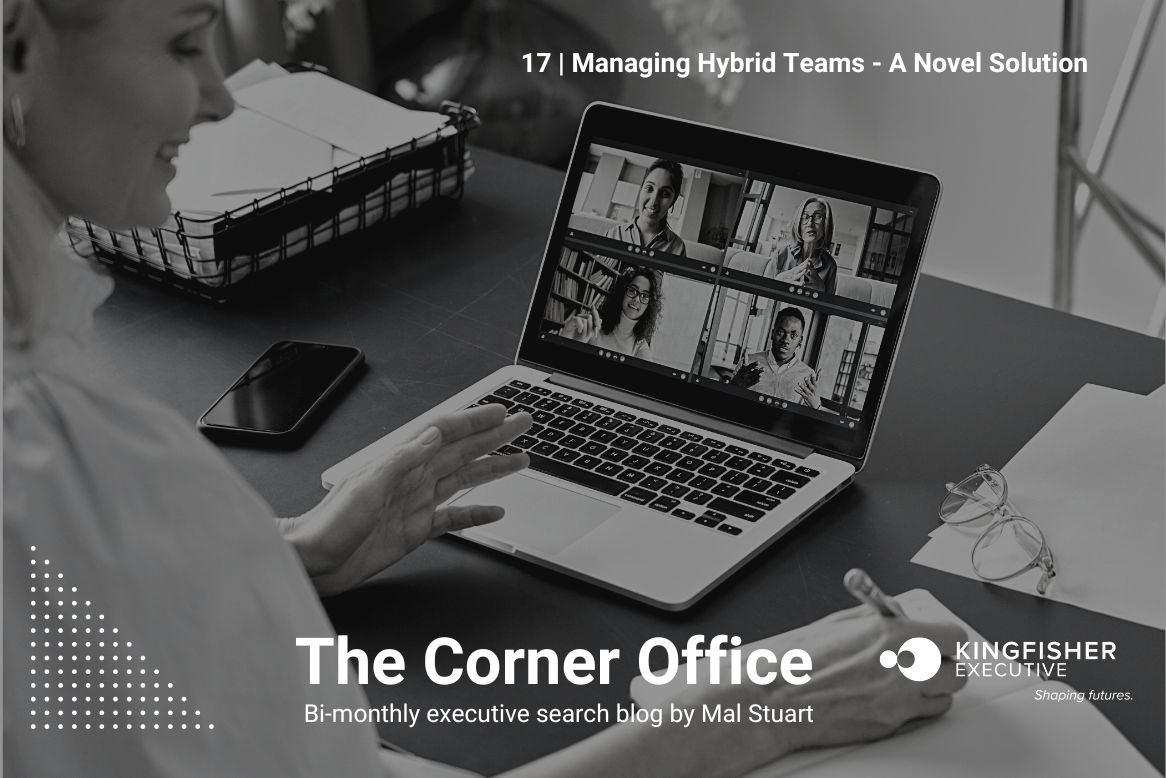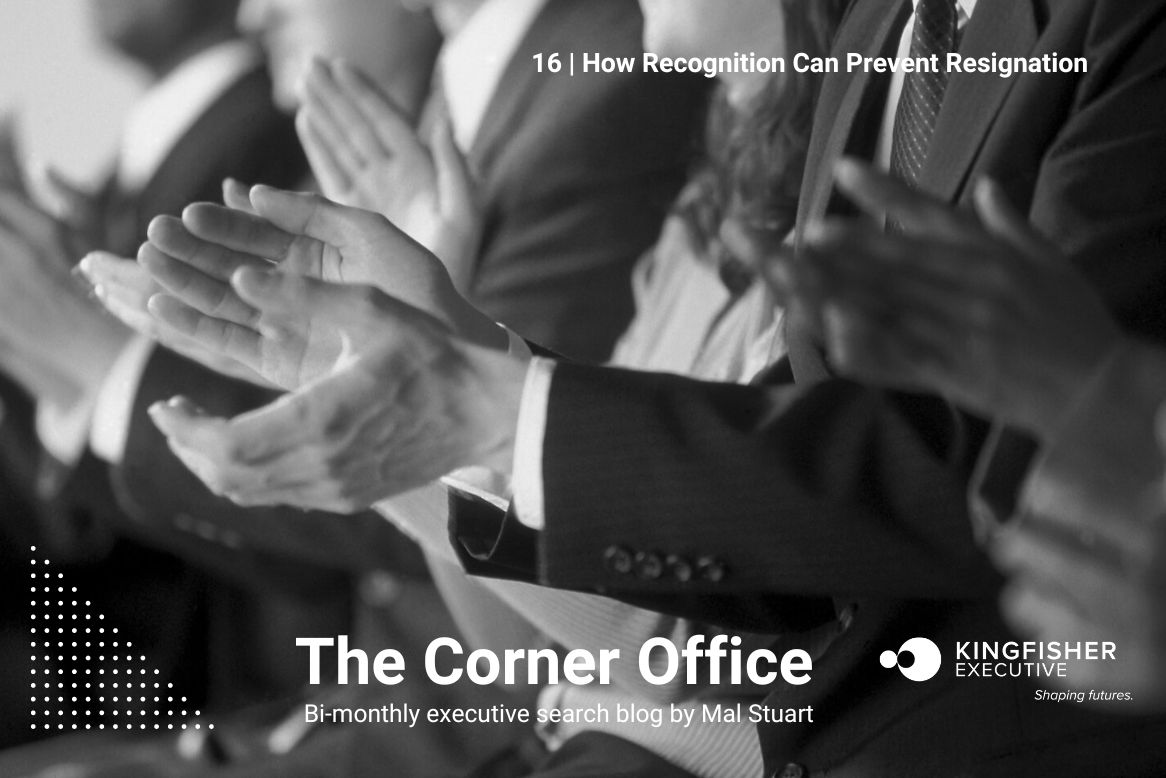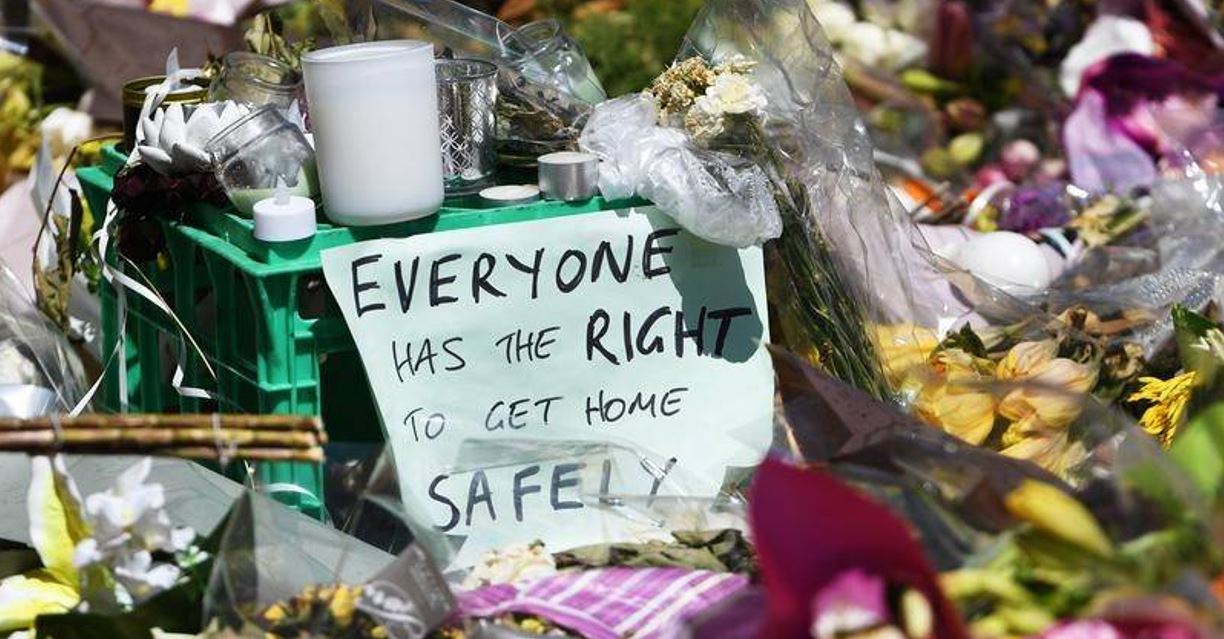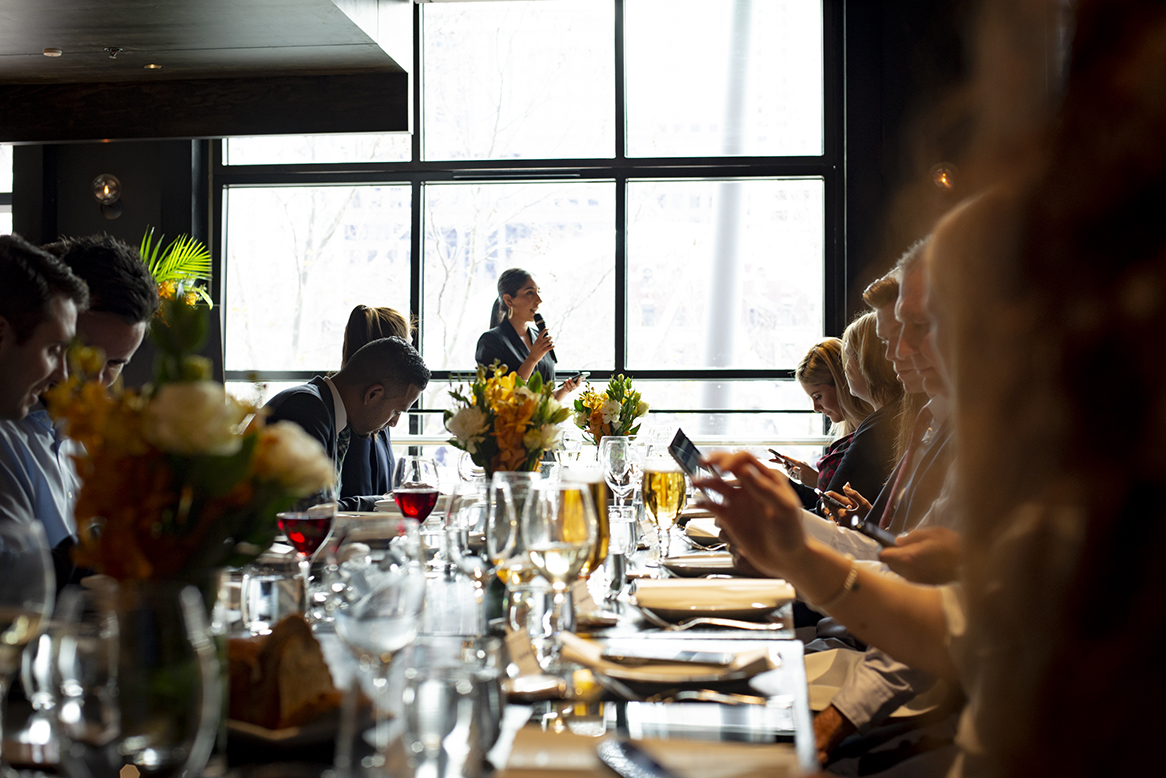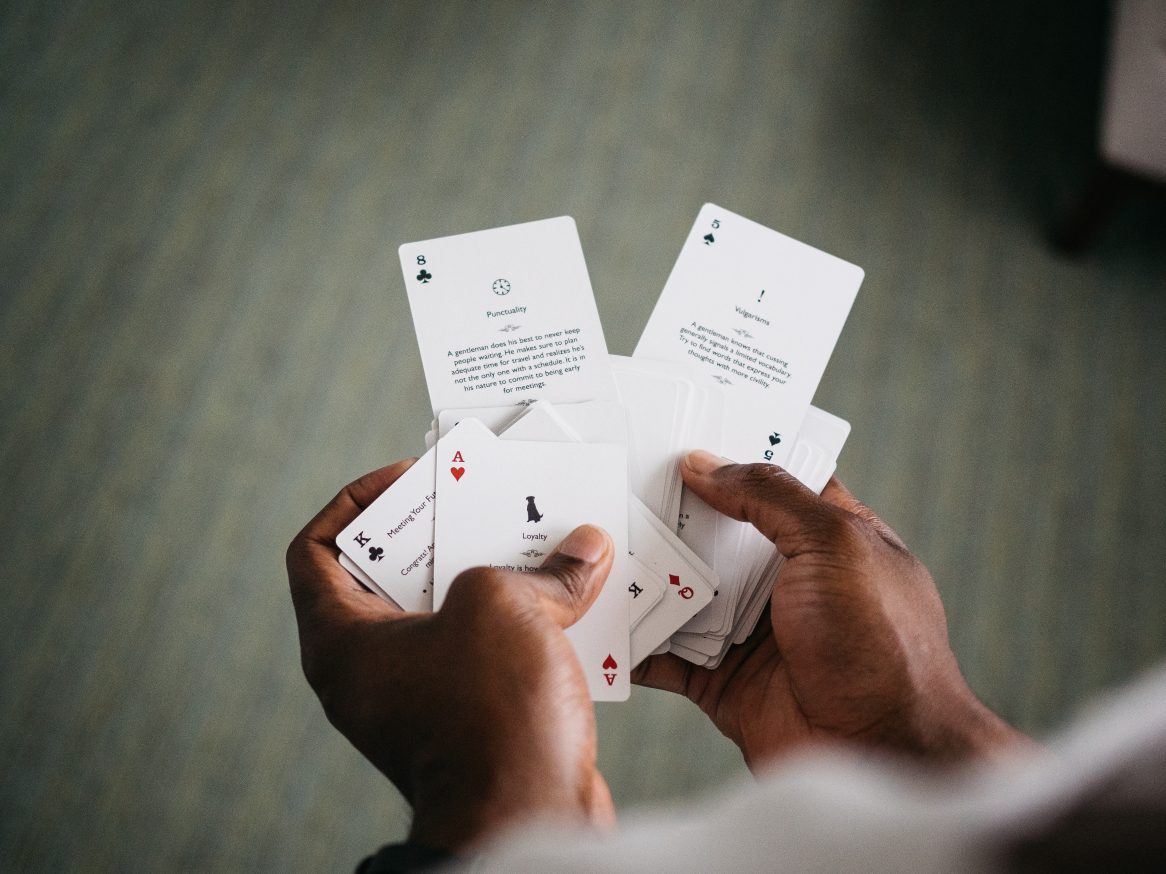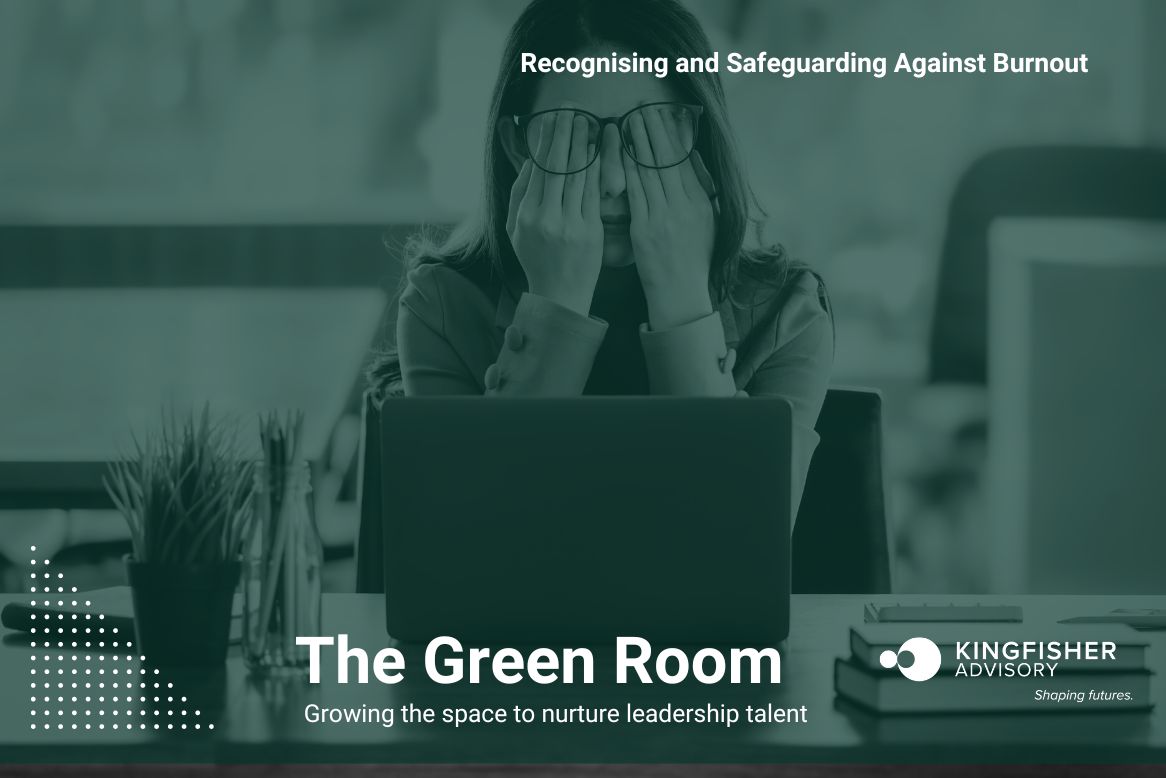
I love my morning coffee. Its more than a drink, it’s a ritual to start my day and get my mind and body focused on everything I need to do.
Part of my morning ritual is using a handheld frother to make my warm milk all luscious and creamy – which in my opinion is the only way to drink a hot drink in the morning 😊
It’s delicious!
And this morning, not only did it delight my tastebuds, it also gave me an insight into what a lot of us are going through right now – namely that feeling of running on empty, close to burn out, but still determined to push on regardless.
I don’t know what the root cause of all this mental fatigue is. It could be to do with it just having a long, wet and cold winter, or the cumulative effects of years of lockdown and uncertainty with Covid, or the fact that after focusing on germs and illness for years, all we seem to have is more germs and illnesses impacting our attempts to get back into a productive working rhythm with our teams.
Whatever the reason, I seem to be speaking to a lot more leaders these days who are acknowledging the feeling of just barely hanging in there. Not having access to their highest quality thinking or wellbeing, or feeling stretched too thin across work and general home life commitments.
The insight my morning latte gave me that relates to this, is remembering that my frother requires batteries to operate. Of course I know this. It doesn’t surprise me when it starts to run slow, I don’t feel bad about it, or depressed that my frother is now taking much longer to produce milk that is only half as frothy as I want it to be. However it was surprising to me that I was standing there for so much longer than usual expecting the same level of froth, when clearly the thing was almost out of juice.
And yet this latest time it happened, I found myself resisting the insight that I needed to go replace the batteries. And when I did realise how slow the thing was running, I still resisted changing the batteries for almost another week because I was telling myself that I didn’t have time to go replace the batteries.
Which is crazy as when I think of the extra time it took this last week to get an inferior level of froth in my latte, I would’ve saved myself time, and enjoyed a better outcome if I just simply took an extra three minutes to go change the batteries.
This is such a good analogy for what I see happening across my leadership and coaching conversations at the moment. And I think one of the reasons we are blind to it is because it can be a really subtle shift at first. You hardly notice it. Just like the slower turning in my milky pot, we hardly notice that we aren’t quite as sharp as usual. Or we don’t quite bounce back from a big weekend as usual. Or we spend more restless nights unable to mentally put down a challenging project or team member to allow ourselves to sleep. Burnout tends to work that way. We start running a little slower, until one little thing gets the best of us.
And just like the milk frother, it’s not until I take the time to replace the batteries with new ones, and I get to experience that renewed level of creaminess that I realise just how slow it’s been running.
I think a lot of us are physically in this same cycle just now.
Running on deleted capacity because we aren’t taking the time to recharge our own batteries.
I see it in my own work, where it takes longer to prepare for a presentation, or when I’m delivering it, I notice a glaring thing that I have missed.
I see it in my clients where they are triggered so easily over things that in the past wouldn’t have taken much mental energy to resolve, and certainly wouldn’t have stimulated as much emotional charge as they let themselves get caught in.
One of my clients shared an example of this for himself in discussing a recent conversation he had with his small team of leaders. The team ended up devolving the meeting into a fight amongst his leaders because he missed the obvious fact that he had failed to align expectations up front. The amount of mental and emotional toil he had put himself through was his own evidence that he had lost access to his best self and in his own words he felt ‘on the edge of a total breakdown’. Now I have worked with this leader for almost three years and in the past this situation wouldn’t even have happened as he would’ve naturally taken the time to set the scene right at the beginning of their project.
A good friend of mine likes to say ‘without awareness, you have no defence against things’. So how can you gain awareness that you may be on go slow, nearing your own equivalent of burnout when just like the frother, change happens so subtly at first?
Common evidence is if you now regularly:
- forget simple things
- make simple mistakes
- get annoyed easily
- take longer to do simple tasks
- have interrupted sleep
- crave sugar or junk food
- feel too tired to exercise
- begin dreading events that usually don’t fuss you or even excite you
If any of these things are happening on a regular basis for you right now, then perhaps you may consider that you need to take a pause and recharge your batteries too.
The crazy thing is, when I know it’s on go slow and I’m telling myself I don’t have time to replace my batteries, it usually takes heaps longer for me to get a much worse result than normal anyway!
I wonder if this would still be the issue it is if we started to see downtime as vitally important to us staying sharp. How good would it be if instead of having to hide or apologise for taking some timeout, we celebrate ourselves and our team members for being responsible and keeping themselves sharp.
Of course we don’t all have the luxury of taking a few hours out each day or even each week to go have a massage, or a long walk in the woods or along the coast. However, there are countless ways to recharge your batteries that don’t take a huge chunk of time and that can keep you sharp and operating at full potential throughout the day.
These are limited only to your imagination and to your own understanding of what reenergises you. For example you may respond well to:
- 15 minutes of silence – sitting still and resting your eyes
- A short phone call to your best friend – sharing laughs and encouraging each other
- A short series of deep breathing and recharging your body with breathwork
- Taking a short time out to go for a sprint around the block, or doing a few push ups to boost circulation by getting your heart pumping.
Some of the techniques I use throughout the week are to:
- Block out two different fifteen min appts in my diary each day for a short Qigong practice to quieten my mind and destress my body.
- Spending time on Sunday to plan my meals and make sure I’ve time to cook healthy home made meals to build strength and health in me and my family.
- Spending time on the phone in the weekends connecting with old friends, catching up and sharing our lives even tho we don’t live in the same cities.
- Rewriting my purpose to remind me of why I do what I do and to reignite my excitement for doing it!
- Taking the time to go eat lunch in the sun – disconnecting and letting my whole body relax.
- Journaling at the beginning and end of each day to capture great thoughts, and decompress my mind before clocking off for the day.
- Walking to work with a good podcast.
- Walking home from work with meditation music.
- Colouring in with my kids at the end of the day.
How about you? What will you to recharge your batteries so that you always have access to your own rich creamy frothy milk rather than a weak bubbly mess?




